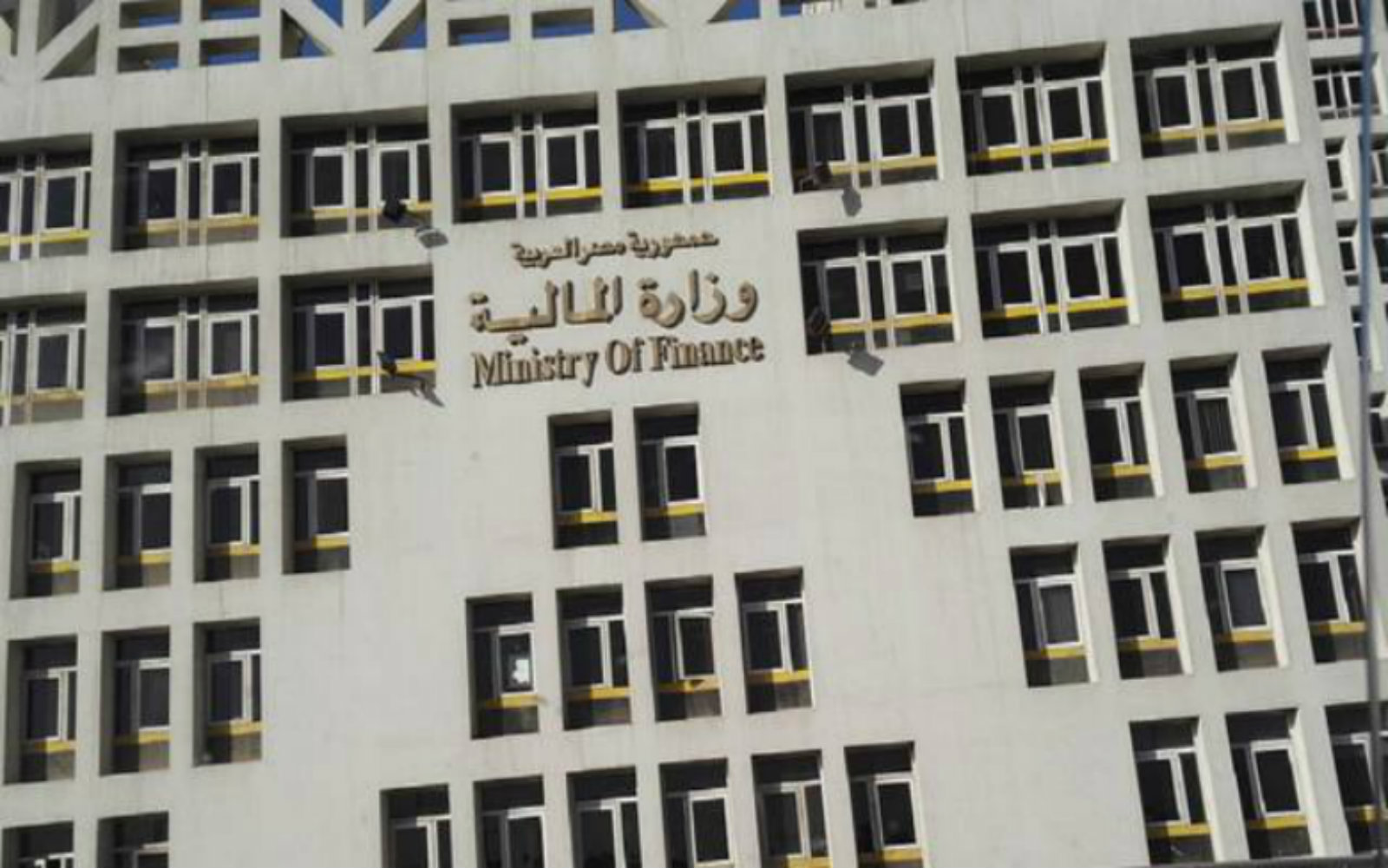Egypt to revoke tax exemptions for some institutions that invest in gov’t debt

Finance ministry is closing a tax loophole that gives a break to some state institutions and insurers that invest in state debt: The state treasury expects to net as much as EGP 34 bn in additional income from a bill currently making its way through the House of Representatives that would, if passed, tax previously-exempt institutions on returns from their investments in government treasury bonds and bills, a Tax Authority official who contributed to the bill’s drafting told Enterprise. The bill would cover specific state institutions as well as government-owned bodies such as the National Investment Bank and the Nasser Social Bank. It would also include private insurance firms and some civil society groups, the source said.
Leveling the playing field: These entities had previously not been taxed on interest income and capital gains they made on investments (or trading of) government bonds and bills — onshore investors in those instruments face taxes under the 2005 Income Tax Act.
One institution that’s still getting some special treatment: The National Organization for Social Insurance, which will only see 35% of the gains it makes from its investments in government debt be subject to income tax; the share of taxable income could rise every three years under the bill as it currently stands, according to Al Mal.
Why did the loophole exist in the first place? The source explained that the institutions that had been benefitting from the loophole have “social missions”: The loophole was an incentive for them to make better returns by investing in higher-yield state paper rather than leaving surplus liquidity parked in bank accounts.
Don’t expect the volume of investment in government debt to go down when the loophole closes given how attractive yields are today, the source argues: Institutions losing access to the loophole will still be able to generate returns as much as 400 bps higher than they would get by parking their liquidity with banks.
No foreign investors will be impacted by this change as only a handful of domestic investors presently have access to the loophole, Finance Minister Mohamed Maait said.
Keep this all in context: This is the second time the state has looked to recoup of a piece of the pie that investors make from investing in state debt instruments. A law passed in 2019 (executive regulations here) effectively hiked the tax rate on interest income banks and corporations make from investments in government bonds and bills.